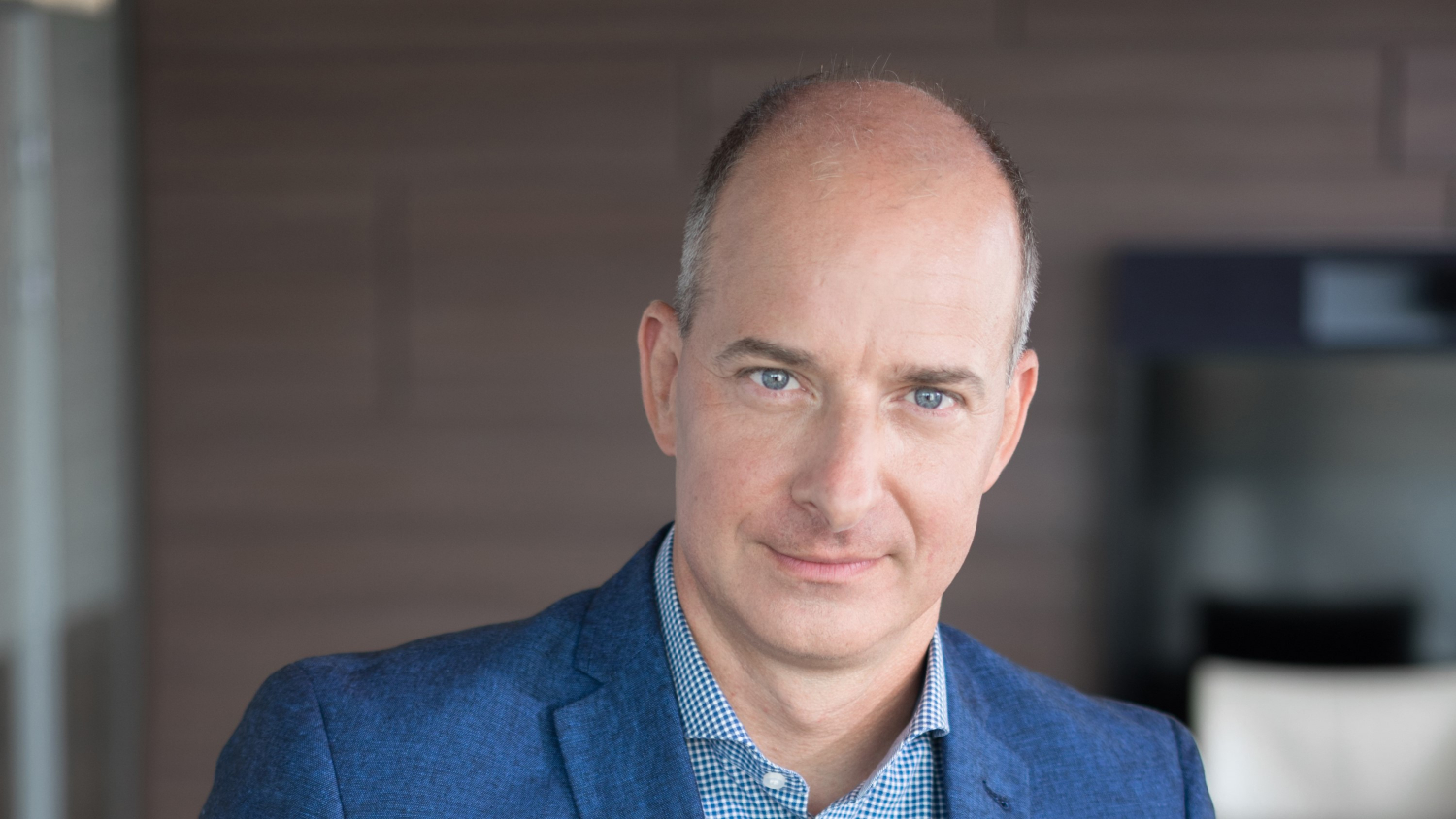According to one of our recent interviews, "space as an office is dead, long live space as a service". Is it right to say that classical shopping centres are dead, long live shoppertainment and community centres?
Based on our experience the companies are not primarily looking to downsize office space, but to transform it and add new community functions. Location and accessibility are still the most important factors, combined with a high level of tenant expectation about the quality of office buildings because that's the only way they can attract their employees back to the office.
The workplace becomes a communal and creative workshop, where colleagues need to be able to work effectively in a pleasant, inspiring, healthy and safe environment. The BREEAM sustainability standard, the human-centred WELL certification or Futureal’s Stay Safe healthy workplace initiative respond to these needs. The largest companies are also adapting to ESG guidelines, and their office locations are aligned to this. Therefore, when it comes to selecting the ideal office, they consider relevant features of a building including its carbon footprint or use of renewable energy sources, as well as the developer itself.
It is also crucial that an office building is surrounded by commercial services as it makes employees' lives easier. That’s why our large-scale office projects have direct access to shopping centres. In Corvin Promenade we developed Corvin Plaza, in the South Buda City Centre project we opened Etele Plaza in the vicinity of our flagship office complex Budapest ONE.
As for the shopping centres, entertainment and leisure, combined with the digital experience are becoming of the utmost importance. It is happening already that the most successful shopping centres are serving as shopping and entertainment centres for the communities and establishing strong relationships and experiences between the digital and the physical world.
Do you agree that e-commerce will kill more traditional (offline) retailers if they miss putting substantially more money into their own online sales activity?
Due to the pandemic, digitalization, therefore the growth of the e-commerce sector has accelerated over the last 2 years, but it does not pose a threat to offline retail as the market pie is growing as well. Offline shopping is still relevant, and investors believe in this sector. Etele Plaza is a fine example as the occupancy rate reached over 90 percent by the opening of the shopping centre despite of COVID-19 situation. We are confident that offline and online shopping will strengthen each other but the market players have to focus on customer experience, and they need to align their services to the shifting demands to keep and increase their competitiveness.
It seems that the space of online retailers is growing rapidly in many of the Hungarian shopping centres. Do you expect this to continue in the next 1-2 years across the whole retail sector?
Successful online retailers are increasingly realizing that in addition to a virtual presence, it is also crucial to open a physical store for their products and services closer to customers. As an example, one of the largest online retailers in Hungary, Emag opened its largest store in Etele Plaza, which operates as a point of sale, a showroom, and a customer service centre.
In the Hungarian e-commerce sector, the most popular items are electronics and food products. For electronics products, retailers have those products. The majority of food retailers already operate in a hybrid format (i.e. online and physical shops at the same time). Online fashion retail is also growing in Hungary and there is increasing competition for customers in the online space.
Retailers who support their sales activities with a physical presence will have competitive physical stores that add valuable features to online retail activities, such as physically touching or trying on clothes, but returning goods or dealing with warranty issues can also be handled more efficiently. An international example is the highly successful store openings of Amazon, the largest online retailer. Therefore, the trend will continue, and an increasing number of online retailers will open physical stores in the future.
We find a lot of smart office buildings in Budapest. To be smart is a must for the retail centres too. What are the advantages of being smart in the case of a shopping centre?
Etele Plaza is Hungary's first smart plaza that is able to provide a personalized shopping experience from the moment the customers leave their homes, through its proprietary mobile app and cloud-based services. The next-generation shopping and entertainment centre not only helps visitors navigate and find the ideal parking space but also leads them to the selected shops while offering tailor-made deals for each customer.
There are 1,300 places in the car parks accessible from all directions, and almost 130 slots include stations ready to charge electric cars, the price of which will be easily paid for via the app, added to the parking fee. At both entrances to the plaza, the longest continuous interactive LED wall in the capital has been installed, there are several benches with USB ports and a large digital play mat is also available.
At the information desk, a Hungarian-speaking Pepper robot will guide customers on their way. The plaza also introduced Ariadne to the public, a ground-breaking Hungarian invention to help the blind and visually impaired, developed by the engineers at Óbuda University. The grand opening was the world premiere of the special mobility tool- since this is the first time it has been utilized in a commercial environment after being successfully tested by the Hungarian Federation of the Blind and Partially Sighted.
Read the full interview in Property Forum















